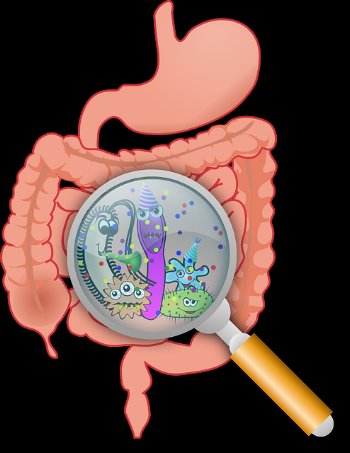FODMAP is the acronym for:
Fermentable Oligosaccharides, Disaccharides, Monosaccharides, and Polyols
The O,D,M, and P of the acronym represent specific short-chain carbohydrates known as oligosaccharides, disaccharides, monosaccharides, and polyols.
For these short-chain carbohydrates to be properly digested and absorbed after consumption, they must be broken down into smaller molecules.
When some, all, or individualized amounts of these carbohydrates are consumed by people with an intolerance to fully convert and digest them, it often leads to the very uncomfortable GI (gastrointestinal) symptoms associated with IBS (Irritable Bowel Syndrome).
IBS GI Symptoms:
Chronic abdominal discomfort or pain
Altered bowel patterns – constipation alternating with diarrhea
Bloating
Gas (flatulence)
Belching
Lethargy
Heartburn
Nausea
Feeling unable to fully empty bowels via bowel movement (BM)
Stools containing mucus
Increased straining or increased urgency with BMs
Unreasonably restricted eating patterns due to anxiety/fear of symptoms
IBS symptoms are experienced because the undigested larger short-chain carbohydrates are poorly absorbed, rapidly fermented by bacteria in the intestines (causing assorted types of gas production), and, because they are osmotic, which causes them to attract and pull water into the intestines.
For example, when a person is lactose intolerant and they consume the disaccharide lactose, the GI needs the enzyme lactase to breakdown lactose. Being lactose intolerant means the person is deficient in lactase (a.k.a. lactose intolerant), so the large lactose molecule cannot be broken down and enters into the colon where it begins fermenting. This ultimately leads to bloating, gas, and diarrhea.
IBS Diagnosis:
The criteria for clinically diagnosing IBS is that a patient experiences a minimum of three months of abdominal pain and/or discomfort (symptoms from above list) that are eliminated with a BM or that the BM undergoes changes in consistency and/or frequency, per the diagnosis sub-groups below.
IBS Diagnosis Sub-Groups:
IBS-D – Diarrhea-predominant
IBS-C – Constipation-predominant
IBS-M - Mixed with alternating diarrhea and/or constipation
Low FODMAP Diet
The Low FODMAP diet is a specific diet, overseen and implemented by health professionals, such as myself, a RD (Registered Dietitian). The diet is one form of Medical Nutrition Therapy (MNT) used to treat, improve, and manage the debilitating GI symptoms experienced by IBS patients.
Patients that follow a Low FODMAP diet consume lower amounts, dependent on their symptoms, of the following short-chain carbohydrates: Fructose (specific fruits, high fructose corn syrup, many sweeteners), Lactose (cow, goat, and sheep milk; other dairy products), Fructans and Galactans (assorted vegetables, garlic, onion, wheat, rye, legumes, some fruits), and Polyols, sugar alcohols (sorbitol, mannitol, xylitol, maltitol and any ending in –ol) that naturally occur in some foods and are added as sweeteners in many foods.
As a RD, I will caution you to say that it is important to truly know whether or not a Low FODMAP diet is required for you and/or your loved one. This is because, if not properly planned and implemented, this type of diet can easily lead to nutrition deficiencies because of incorrect and/or inappropriate dietary restrictions. *Please see a link for a Food and Nutrition Magazine article about this in the resources area below.
To properly identify specific foods that trigger IBS symptoms, the Low FODMAP MNT consists of different time increments (phases) that eliminate high FODMAP foods for specific periods of time, and, one at a time, reintroduces each food back into the diet while monitoring how the GI responds to each reintroduced food.
The information gathered during the elimination and reintroduction phases of FODMAP MNT, enables the IBS patient and RD to create a customized individual eating pattern (daily diet) that provides the patient, from a nutrition standpoint, a well-balanced, diverse dietary intake while avoiding the specific FODMAP foods that trigger IBS symptoms.
Below, you'll find an interesting three plus minute video, from Monash University in Melbourne, Australia. It teaches the premise behind IBS and the use of the Low FODMAP diet.
Monash University developed the Low FODMAP Diet, offers resources for IBS patients and health professionals, and has developed a smart phone Low FODMAP Diet App to be used while trialing or living on the diet (link to app below in resources).
Thanks for reading the blog and, hopefully, this information has helped clear up the mystery surrounding FODMAP.
The resources area provides links to reputable and reliable information.
If you, or anyone you know, thinks they have IBS due to FODMAP intolerances please speak with your medical provider and if you need to follow a Low FODMAP diet please meet with a registered dietitian for MNT.
Resources:
American Chemical Society, Fermentable Foods: Trouble in Your Diet https://www.acs.org/content/acs/en/education/resources/highschool/chemmatters/past-issues/archive-2014-2015/fodmap-intolerance.html
* Food and Nutrition Magazine article: “Why the Low-FODMAP Diet Is a Growing Dietitian-Led Treatment for People with IBS”: http://www.foodandnutrition.org/September-October-2016/Why-the-Low-FODMAP-Diet-Is-a-Growing-Dietitian-Led-Treatment-for-People-with-IBS/
Forsythe, Cassandra PhD, RD: Complete FODMAP List For a Happy Gut: http://cassandraforsythe.com/blog/Complete+FODMAP+List+For+a+Happy+Gut
HealthLinkBC – Low FODMAP Diet Resource: https://www.healthlinkbc.ca/healthy-eating/low-fodmap-diet
Monash University Low FODMAP diet information and Smart Phone App: http://www.med.monash.edu/cecs/gastro/fodmap/low-high.html
Nestle Health Science – Low FODMAP Central website: https://www.nestlehealthscience.us/lowfodmap/fodmap-101
ProNourishTM Low FODMAP drink by Nestle https://www.pronourish.com/
Scarlata, Kate RDN, is an RD that is a FODMAP and IBS expert. She has a fabulous website with many great resources for anyone needing to use the Low-FODMAP diet: http://www.katescarlata.com/ and a great blog http://blog.katescarlata.com/2015/03/23/low-fodmap-diet-resources/



